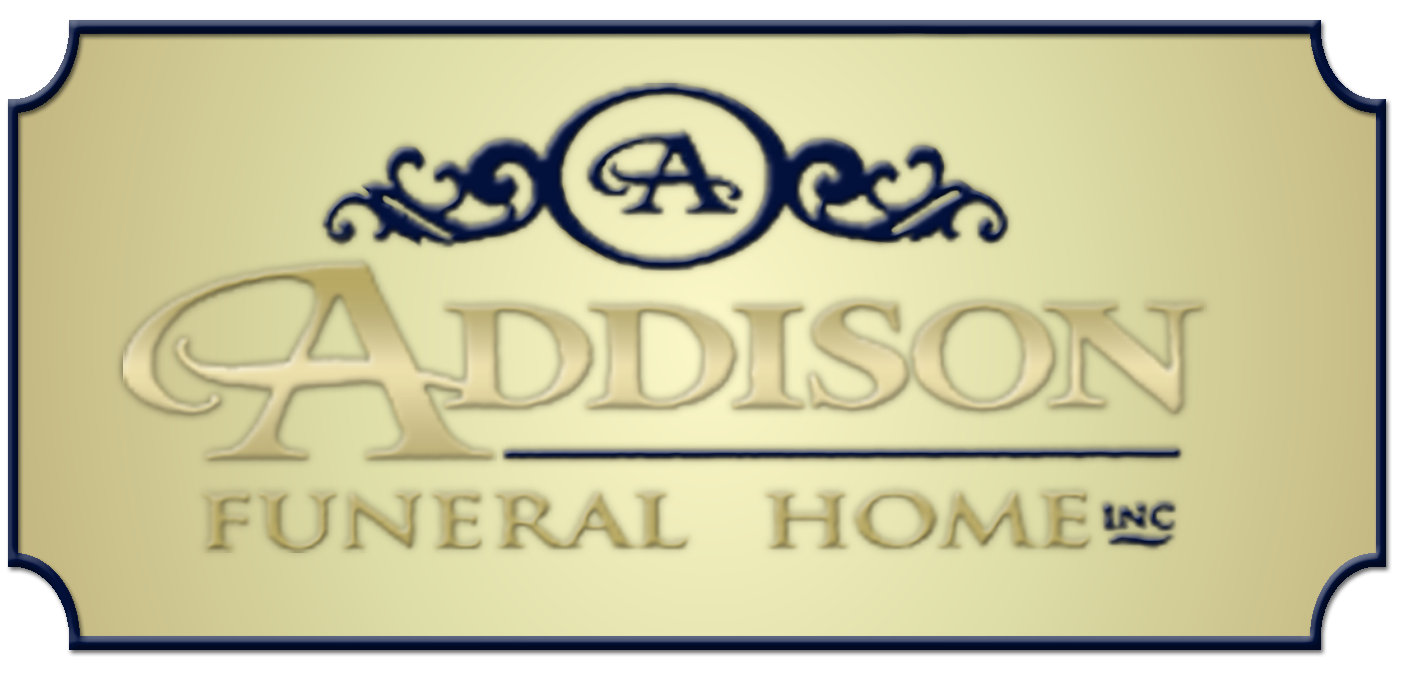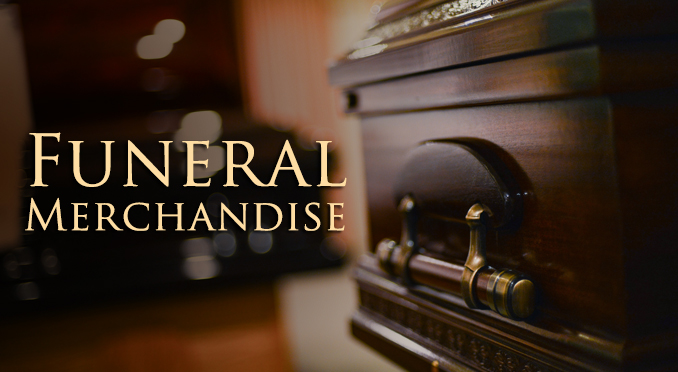Cremation Services
What is your reason for Choosing Cremation?
"I would rather leave my money to my children than spend it on a funeral."
"It's a nice feeling knowing that my survivors will not have to
go through the ritualistic scene of a funeral."
"We are running out of burial space...cemeteries are using up our scarce land."
"When my time comes...I just want to keep it simple"
The reasons for choosing cremation abound. Enlightened consumers are increasingly changing their belief systems and feelings towards the traditional funeral. Cremation is not only a considerate alternative, it is an environmentally responsible choice. In addition, cremation allows for a wide range of personally meaningful options for final repose of our mortal remains which are simply not otherwise available - sea scattering, kept at home, burial or inurnment in a cemetery at a convenient time are but a few.
Cremation is an alternative to the burial process and it is chosen by many people because of religious beliefs, the desire to preserve the environment or it was requested by the person who died. Cremation is also a less expensive option in comparison to a burial. The remains are placed in a container that is combustible and placed in a special furnace called a cremation chamber or a crematory where through intense heat is reduced to bone fragments that are then crushed and pulverized to resemble course sand. The cremated remains of an average adult body will weigh about 7-8 pounds. Cremation is not an alternative to a funeral, but rather an alternative to burial or other forms of disposition.
Cremated remains can be scattered or buried, or they may be kept with the family in a decorative urn. There are many new and different ways to dispose of ashes today, cremated remains can be placed in an artificial coral reef in the ocean, they can be launched into space or sent up in helium balloons, or they can be spun into glass pieces of art or diamonds.
Some religions welcome cremation while others forbid it. The Catholic Church had banned cremation up until 1963, and burial remains the preferred form of disposition today. In other Christian denominations cremation was historically discouraged but nowadays it is more widely accepted. In eastern religions such as Hinduism, Jainism, Sikhism and Buddhism cremation is mandated, while in Islam it is strictly forbidden. Orthodox Jews also forbid cremation; other sects of Judaism support cremation, but burial remains the preferred option.
Cremation FAQ
What is Cremation?
Cremation is the process of reducing the human body to bone fragments using high heat and flame. Cremation is not the final disposition of the remains, nor is it a type of funeral service.
Is Cremation Accepted By All Religions?
Today most religions allow cremation except for Orthodox Jewish, Islamic, Eastern Orthodox and a few Fundamentalist Christian faiths. The Catholic Church accepts cremation as long as it is not chosen for reasons which are contrary to Christian teachings. Some people believe that cremation is against the teachings of the Bible, but according to Billy Graham, a famous Biblical scholar, "what occurs to the body after death has no bearing on the soul's resurrection. The body that rises is not made of the same substances as the one that was buried, or cremated, but is immortal and incorruptible."
Do People Choose Cremation Only To Save Money?
While some people select cremation for economy, many choose this option for other reasons. The simplicity and dignity of cremation, environmental concerns, and the flexibility cremation affords in ceremony planning and final disposition all add to its increasing popularity.
What Services Are Available With Cremation?
Any traditional funeral service with the body present can precede the cremation. Alternatively, a memorial service can take place after the cremation has been completed.
Is a casket needed for Cremation?
No, a casket is not required, most states require an alternative container constructed of wood or cardboard, however, in some states no container is required.
Is embalming required prior to cremation?
No. In fact it is against the law for a funeral home to tell you otherwise.
Can the body be viewed without embalming?
Yes, most crematories allow immediate family members to briefly view the deceased prior to cremation.
Can the family witness the cremation?
Yes they can; some cremation providers will allow family members to be present when the body is placed in the cremation chamber. Some religious groups even include this as part of their funeral custom.
Can an urn be brought into church?
Nearly all Protestant Churches allow for the urn to be present during the memorial service. Most Catholic Churches also allow the remains to be present during the Memorial Mass. It is encouraged that cremated remains be a part of a funeral as it provides a focal point for the service.
What can be done with the cremated remains?
While laws vary state by state, for the most part remains can be buried in a cemetery lot or a cremation garden, interred in a columbarium, kept at home or scattered.
How can I be sure I receive the correct remains?
All reputable cremation providers have developed rigorous sets of operating policies and procedures in order to maximize the level of service and minimize the potential for human error. Since it is illegal to perform more than one cremation at a time, and the vast majority of crematories can only cremate one body at a time, it is next to impossible to receive the incorrect remains.
How long does the actual cremation take?
It all depends on the weight of the individual. For an average sized adult, cremation can take two to three hours at a normal operating temperature of between 1,000 and 2,000 degrees Fahrenheit.
What do the cremated remains look like?
Cremated remains resemble coarse sand and are whitish to light grey in color. The remains of an average sized adult usually weighs between 7 and 8 pounds.
What Happens After The Cremation is Complete?
All organic bone fragments, which are very brittle, as well as non-consumed metal items are "swept" from the cremation chamber and into a stainless steel cooling pan. All non-consumed items, like metal from clothing, casket hardware, joint implants, and bridge work, are separated from the cremated remains. This separation is accomplished through visual inspection as well as using a strong magnet for smaller metallic objects. Items such as dental gold and silver are non-recoverable. Remaining bone fragments are then processed in a machine to a consistent size and placed into a temporary or permanent urn, selected by the family.
Are all the cremated remains returned?
With the exception of minute and microscopic particles, which are impossible to remove from the cremation chamber and processing machine, all of the cremated remains are given back to the family.
Do I need an urn?
An urn is not required by law. However, an urn may be desired if there is to be a memorial service or if the remains are to be interred in a cemetery. If an urn is not purchased or provided by the family, the cremated remains will be returned in a temporary plastic container.



